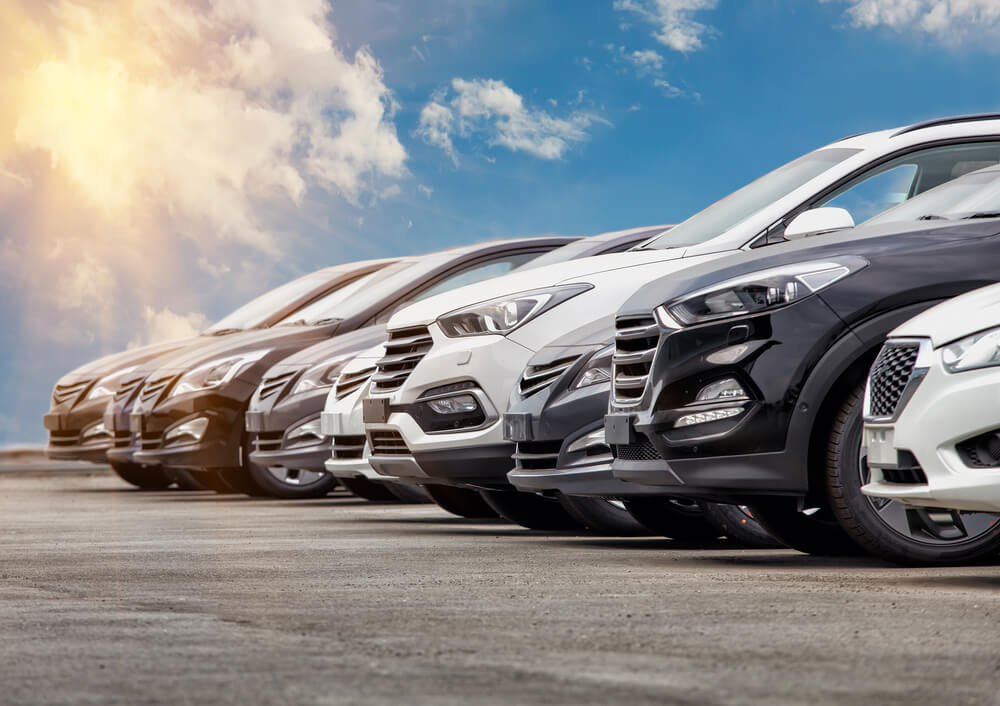September 12, 2025
OBBBA Tax Updates Impacting Independent Auto Dealers
In Summary
- The act makes the 20% Qualified Business Income (QBI) deduction for pass-through entities permanent and allows auto dealers to calculate business interest limits using EBITDA instead of EBIT, restoring key deductions for financing costs.
- The law makes 100% bonus depreciation permanent and retroactive to January 19, 2025. Additionally, the Section 179 deduction limit is increased to $2.5 million (with a $4 million phase-out), allowing for greater immediate expensing of business assets and improvements.
- From 2025 through 2028, overtime wages will be exempt from federal income tax up to $12,500 (single filers) or $25,000 (joint filers), which could aid in staff retention and attraction in departments where overtime is common.
- The law has two major changes affecting buyers: the $4,000 used EV credit expires after September 30, 2025, and a new auto loan interest deduction is introduced for buyers of new, U.S.-assembled vehicles (but not used vehicles).
The One Big Beautiful Bill Act (OBBBA), signed on July 4, 2025, makes several tax changes that affect independent auto dealers. Importantly, certain tax-saving provisions were made permanent, which may help lower tax liability and improve cash flow. It also creates new rules around payroll and reporting that dealers will need to keep in mind as they manage operations.
Customers may also notice changes. The end of the used EV credit and the introduction of a new loan interest deduction for buyers of certain new vehicles are likely to come up in conversations on the lot. By understanding what is changing for both the business and its customers, independent dealers can plan ahead and answer questions as the new rules roll out. To help clients, prospects, and others, Wilson Lewis has summarized the key details below.
Essential Updates for Independent Auto Dealers
- EBITDA-based interest deduction — Because of updates to Section 163(j), auto dealers can now calculate business interest limits using EBITDA instead of EBIT. This restores deductions for financing costs, which can be significant for independent lots carrying large inventories.
- QBI deduction — Many independent dealers operate as pass-through entities. The 20% Qualified Business Income (QBI) deduction is now permanent. This change also increases the phase-out range, so more owners are likely to be able to capture this benefit in the coming years.
- Bonus depreciation — The law makes 100% bonus depreciation Business owners can immediately deduct the cost of qualifying property such as service equipment, technology, or facility improvements. It’s retroactive to January 19, 2025. Prior to the law, bonus depreciation was set at 40% for 2025 and 20% for 2026, with no benefit scheduled for 2027.
- Section 179 — Section 179 deduction limits are higher at $2.5 million with a phase-out starting at $4 million, allowing more upfront expensing of business assets. This is useful for small and mid-sized lots investing in equipment or improvements. This change is retroactive to January 1, 2025.
- R&E Expensing (Section 174) — Businesses can once again deduct R&E costs (more commonly referred to as R&D) right away instead of spreading them out over several years. This may not be a major line item for dealerships, but it could apply if money is spent on things like new inventory software, digital sales tools, or other process improvements. The key is to keep good records and documents because this information is important when determining eligible expenses.
- Charitable contributions — Under the new law, businesses must now give at least 1% of taxable income to qualify for a deduction. For independent dealers, this mainly matters if the business or its owners make donations to local causes, such as youth sports teams, community events, or local nonprofits. More guidance is expected from the IRS on how these rules will be applied in practice.
- Overtime pay deduction — Beginning in 2025 and running through 2028, overtime wages will be exempt from federal income tax up to $12,500 per year for single filers and $25,000 for joint filers, subject to income-based phase-outs. This could make it easier to attract and retain workers during peak season or in service departments where overtime is common. Dealers should review payroll systems to ensure the new rules are applied correctly and that reporting is accurate.
Facility Incentives
Auto dealers that plan to upgrade facilities can still benefit from the Section 179D deduction for energy-efficient improvements, such as new HVAC systems, lighting, or building envelope upgrades. That could translate into replacing showroom lighting or insulation in the office areas. To qualify, construction must begin before June 30, 2026. Dealers considering renovations should plan ahead to capture this tax benefit while it remains in place.
Customer-Facing Changes
In addition, the OBBBA includes two provisions that will likely come up in conversations with buyers. First, the $4,000 used EV credit expires after September 30, 2025. Independent dealers who sell used electric vehicles may want to prepare for a potential change in demand once this incentive is no longer available. Second, the law creates a new auto loan interest deduction for buyers of new, U.S.-assembled vehicles. While this deduction does not apply to used vehicles, customers may still ask about it, and independent dealers should be prepared to explain the distinction.
Contact Us
OBBBA will impact independent auto dealers in several ways, from how financing costs are deducted to what customers will ask about on the lot. By understanding these changes now, dealers can take advantage of available tax savings and plan ahead for what’s next. If you have questions about the information outlined above or need assistance with another tax or accounting issue, Wilson Lewis can help. For additional information call 770-476-1004 or click here to contact us. We look forward to speaking with you soon.

